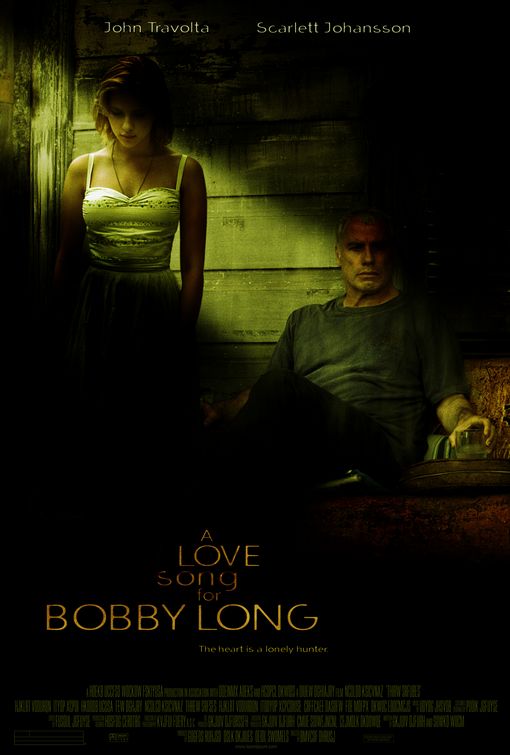“Down and Out Country Ballad”

| None | Light | Moderate | Heavy | |
|---|---|---|---|---|
| Language | ||||
| Violence | ||||
| Sex | ||||
| Nudity |
What You Need To Know:
There is a line in BOBBY LONG that sums up the movie: Bobby found “the shortest distance to heaven was through hell.” The movie would have been more meaningful if taught the truth, that the shortest distance to heaven is through Jesus Christ. The movie moves inexorably toward disaster but is redeemed in a pro-family, pro-Christian way. The worst part is the heavy sexual discussion and constant foul language, especially use of the “f” word. Still, the movie has strong, overt Christian content and is a brilliant character study with a redemptive message.
Content:
(PaPa, CC, LLL, V, S, N, AAA, D, M) Redemptive message with redemptive ending and some positive Christian content, set in a very foul-mouthed, alcoholic, sexually-charged, anything-goes, mixed pagan worldview; 85 obscenities and 30 profanities; girl stomps on man’s infected toe, man’s foot turns blue, man urinates blood, some minor scuffling, and frequent discussions of death and dying; extended discussions of sex, including vulgar references to private parts, but no sexual activity shown except kissing; lots of upper male nudity, minor shots of cleavage, and shots of person sitting on toilet but nothing shown; severe alcoholism; constant smoking; and, lying, betrayal, discovery.
GENRE: Drama
More Detail:
The movie opens with Bobby Long, played by John Travolta, limping out of a bar to go to the funeral of Lorraine Will. Lorraine was a beloved jazz singer with a lot of men in her life.
Cut to Pursy Will in a trailer with her boyfriend Lee. Lee springs on Pursey that he got a call from Bobby, to say that her mother, Lorriane, died. She gets angry at Lee, who is so self-centered that he dismisses her grief and suggests they rent a porno video so that they can have sex. She stomps out with all her belongings.
Traveling from Florida to New Orleans, Pursey eventually reaches the run-down house of her mother, where Bobby Long and his aging student protégé Lawson Pines live in abject filth. Bobby tells Pursey that her mother willed the home to the three of them and that Pursey missed the funeral. She decides to stay, but Bobby tries to drive her off so he can stay in the ramshackle house. Her strength of character and common sense eventually start to work wonders in the neighborhood of down-and-out, forgotten people made up of jazz musicians and fallen professors like Bobby Long.
The movie moves inexorably towards disaster but is redeemed eventually in a pro-family, pro-Christian way. The worst part of the movie is the constant foul language, especially the use of the “f” word. One long speech by Bobby to drive off Pursey involves repeatedly using a slang word for a woman’s private parts, which is totally disgusting. Behind the anger, the tensions, and the fighting is the fact that all the characters are made in the image of God and a recognition by even Bobby that God and he are friends. Eventually, God redeems him even though he had abandoned God. Each character has a powerful story, and the movie is like a prolonged country song with a Flannery O’Connor purgatory twist.
After a shaky beginning with some showboating by John Travolta, the movie settles into some brilliant character studies with a wonderful message. The problem is, though, that you don’t need to go through hell to get to heaven. You need to go through Jesus Christ. Thus, the movie wallows in its down-and-out jazz sordidness, captivating and repulsive at the same time.
This movie could have done without the foul language and been much more powerful. It’s clear that the writer is pro-Christian, with his positive messages of being born again, of faith, of relationships with God, but he seems to be stooping to conquer in his vulgar, naked portrayal of the sinfulness of man.



 - Content:
- Content: 
